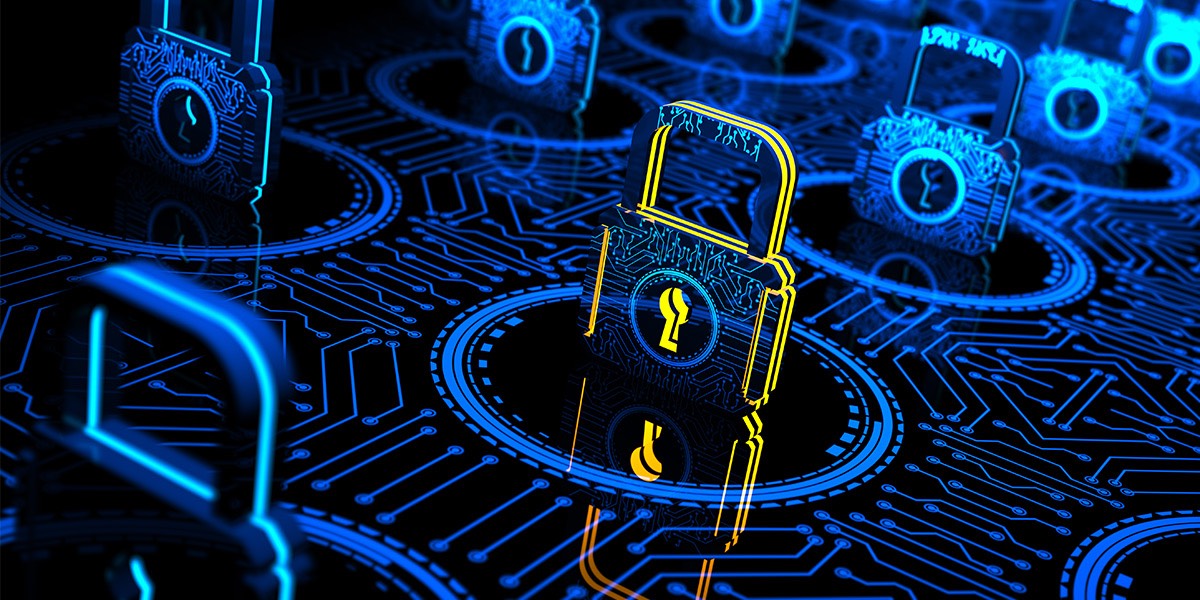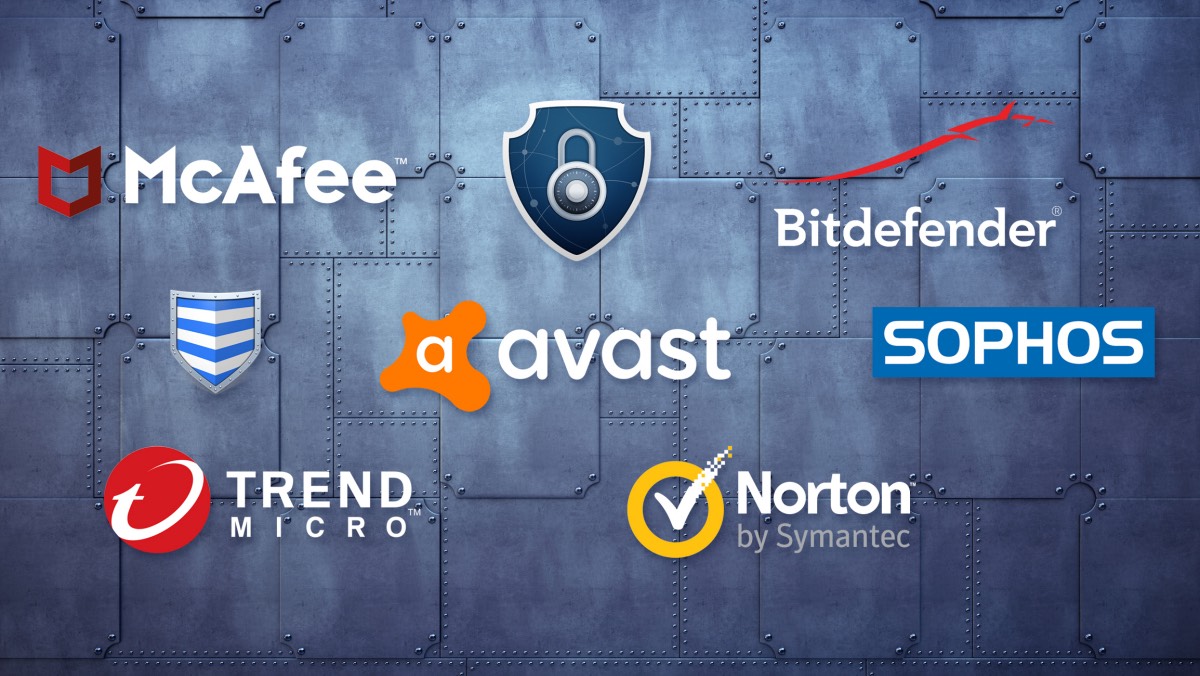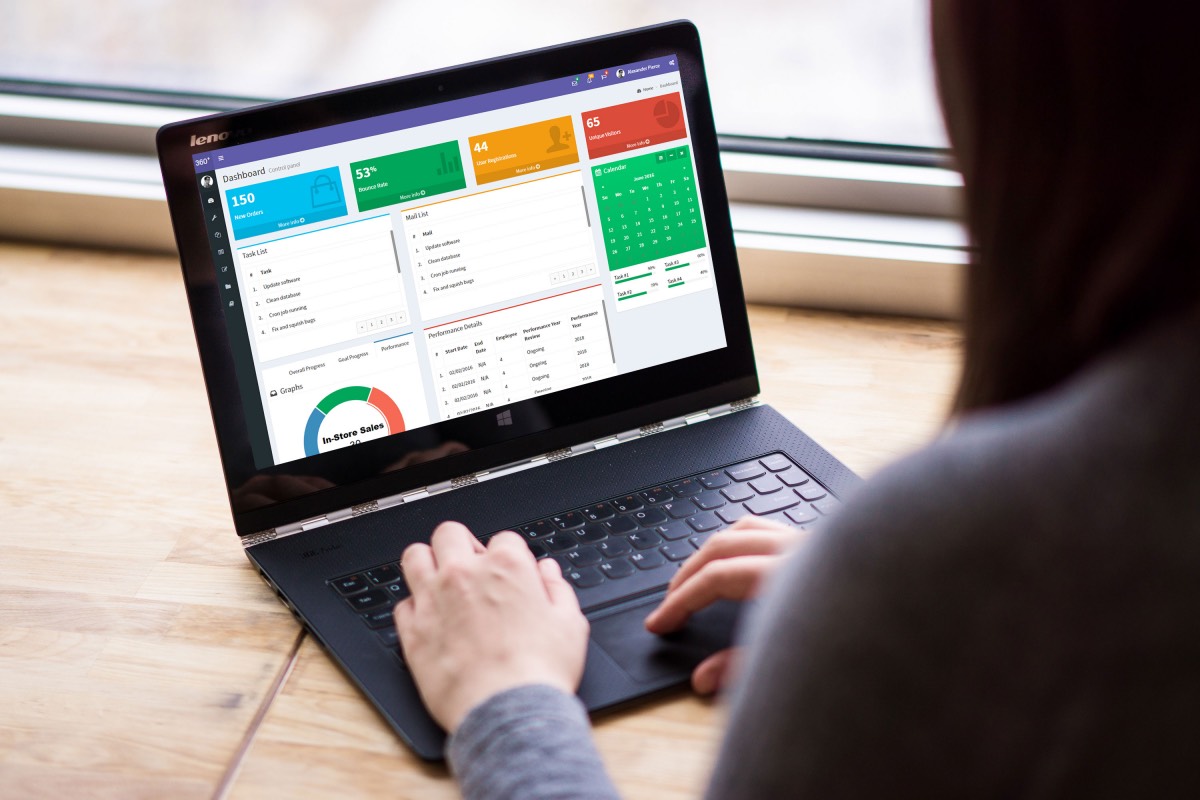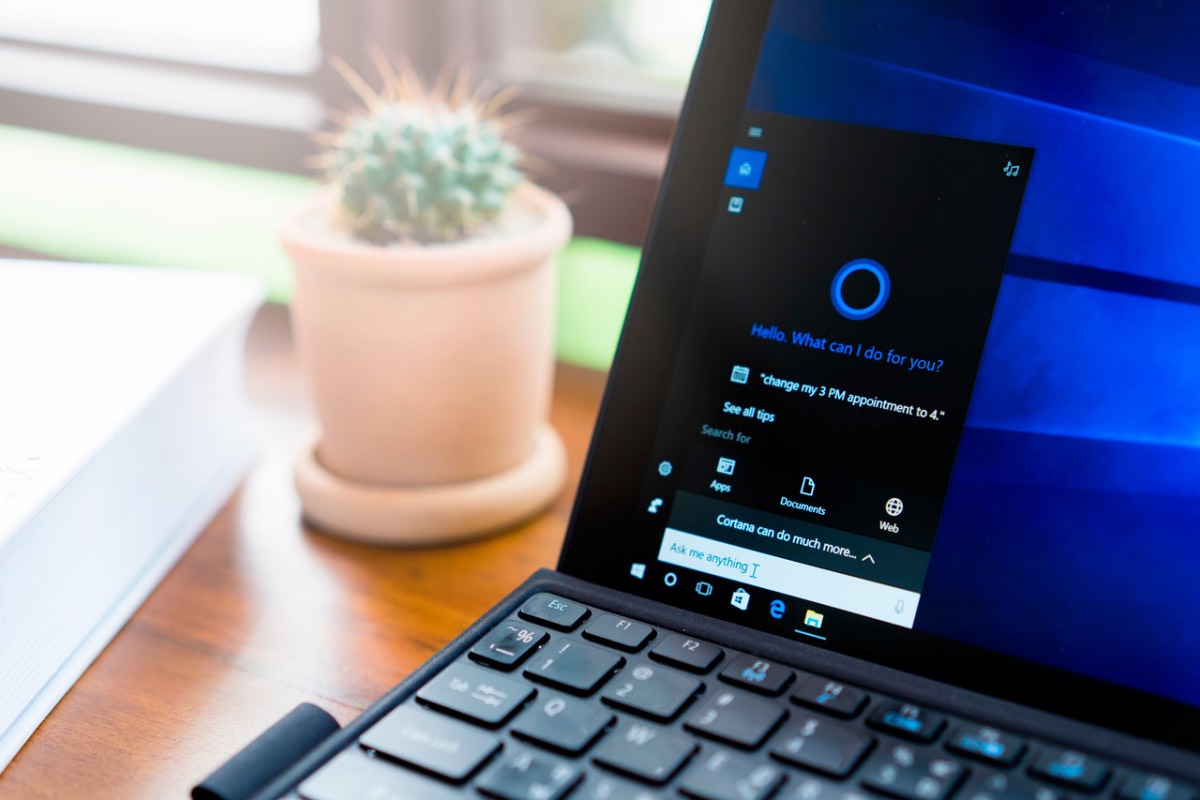[dropcap]N[/dropcap]o computer operating software is safe from malware and viruses these days. Windows used to be the prime target of malware but lately, Mac and iOS devices have become susceptible to malware. So, unless you don’t use computers, you need a good antivirus.
Choosing the right antivirus isn’t easy though. Most companies don’t explain how their tools work. They tell you how good their antiviruses are but they show little proof. Luckily for you, we’ve laid out everything you need to know about antivirus software and how to select the best.

Virus Definitions
Antiviruses depend on programmed definitions to differentiate a virus from a safe file. Unfortunately, viruses keep mutating, which is why you must always use up to date antiviruses.
Virus definitions are stored as executable files in the antivirus program. When the software is run through a computer, it scans all fines for definitions that match a virus file. The antivirus then deletes the threat or quarantines it.
The best antivirus programs scan more viruses and malware threats than basic antiviruses. Newer programs also tend to do better jobs because they can efficiently define more antiviruses.

Heuristics and False Positives
Heuristics is an antivirus’ way of detecting new undefined virus types. Many free antiviruses don’t have this feature or have heuristic features that can be too aggressive, detecting genuine programs as computer threats.
When your antivirus detects potentially unwanted files, not only does it give you the option of deleting them, it also reports back to developers. The publishers analyze the new viruses and devices ways to define and scan them.
False positives occur when antiviruses report safe programs and applications as viruses. They are caused by errors done when programming an antivirus or when there are too many new software programs on your computer.
In the past, there have been funny and shocking cases of antiviruses reporting false positives and ended up making the headlines. At one time, Microsoft Security Essentials mistakenly detected Google Chrome as a virus and couldn’t allow its users to access the browser.
In an accidental case of Karma, AVG antivirus detected Windows 7 64-bit version as a virus and damaged most computers that had it. Sophos also had a weird case of false detection once. The antivirus would scan your computer and detect itself as an antivirus, deleting its files in the process.

Antivirus Software Buying Guide
There are many antivirus programs out there and even more information about them. But picking the right program can be complicated and time-consuming. Here are the main features to look for when buying a good antimalware tool.
- High Virus Detection Rate
The job of an antivirus program is to detect viruses and malware on your computer. Some programs are better than others. Pick antivirus tools with the highest detection rates. Bitdefender leads the pack with a 99.7% detection rate, followed by BullGuard, Panda, and McAfee.
Of course, there is more to an antivirus than its detection rate. Most companies actually record varying detection rates depending on the lab where the test is taken. To determine what is the top antivirus software, use detection rates plus the following other factors.

- Number of Services Offered
Antiviruses these days offer many more services than in the 90s. When you pay for a one-year contract, you don’t just get protection against viruses. You can be protected against Trojans, worms, spyware, adware, malware, and ransomware.
You also get protection against web threats, network attacks, receive rootkit protection and have the antivirus work as your password manager. Most of these services are offered based on the plan you choose. Still, a good antivirus should incorporate as many of these services as possible.
- Reliable Protection
Reliability in an antivirus is important. It can mean the difference between protecting your files and losing them. A good program should be able to scan viruses consistently and remove them instantly. It should also be powerful enough to overpower malware that often crashes weak antiviruses.
Other good signs of a reliable antivirus include the ability to do automatic scans and work without conflicting with other software. Often too many times antiviruses record false positives and cause damage to genuine files and programs. Remember AVG and Microsoft Security Essentials? Such cases should never happen with a reliable program.
- Performance Impact
If you’ve used an antivirus before, you probably noticed they affect some aspects of your PC’s performance. Its boot time may slow down, some programs may lag and using browsers may become more difficult than it was.
Because of such issues, performance impact has become a big selling point for many antivirus companies. The best-rated antiviruses tend to have the least negative impact on your computer’s performance.

- Ease of use and Configuration
Most antiviruses ask for your involvement in cleaning security threats. You have to choose between deep scans and minor scans. You decide whether to delete or quarantine viruses. If the program is advanced, you will be involved in parental control and password management.
If the antivirus program is easy to use, accessing different services will be a breeze. If it’s not, scanning and deleting viruses will always feel like a nightmare. You can always test a program’s ease of use by downloading a free trial from the publisher’s website.
Keep in mind that antiviruses tend to offer different kinds of control. If you prefer a program that scans and removes viruses automatically, you don’t have to deal with control issues. On the other hand, you can get a security tool that gives you total control over its use.
Conclusion
Antiviruse programmes are not perfect. Viruses keep changing and publishers have to write new definitions to help detect ever-changing security threats. Unfortunately, you can’t live without security programs irrespective of your type of computer.
If you’ve decided to find an antivirus, go for the best in the market. Follow the tips given above to find good antiviruses and then compare prices before setting for the program that offers you the best value for your money.







